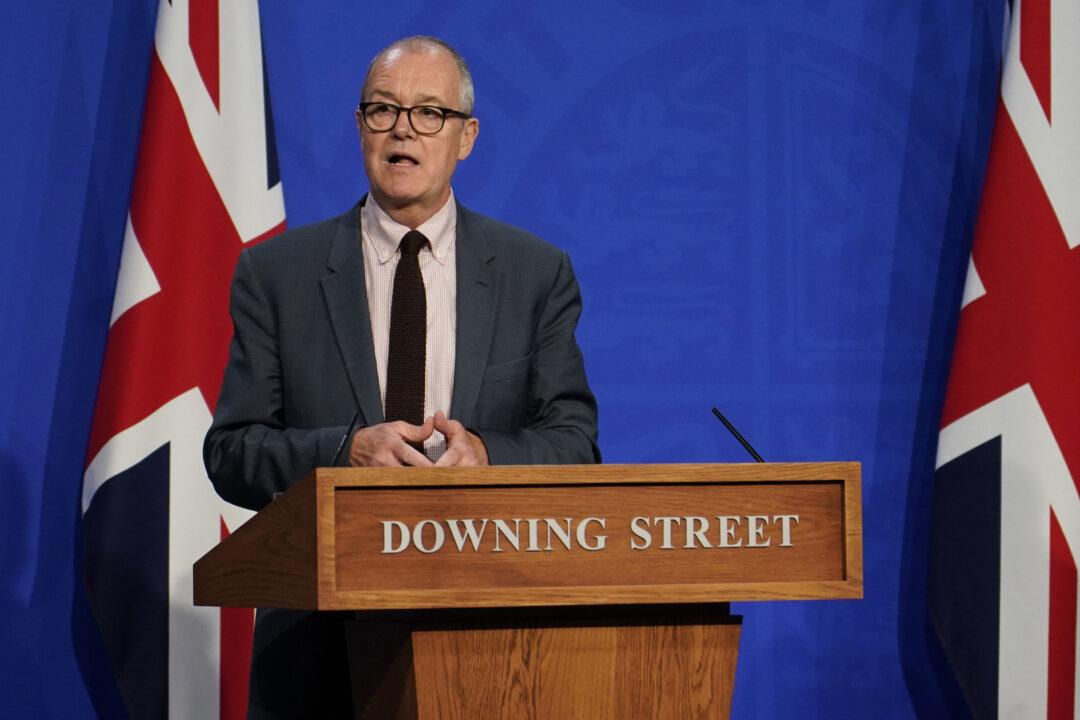A lawyer representing the government’s former chief scientific adviser, Sir Patrick Vallance, has said the release of his complete diary entries to the UK COVID-19 Inquiry would be a breach of his human rights.
The inquiry has already heard selected excerpts from the diary he wrote while advising the government during the 2020/2021 pandemic.





